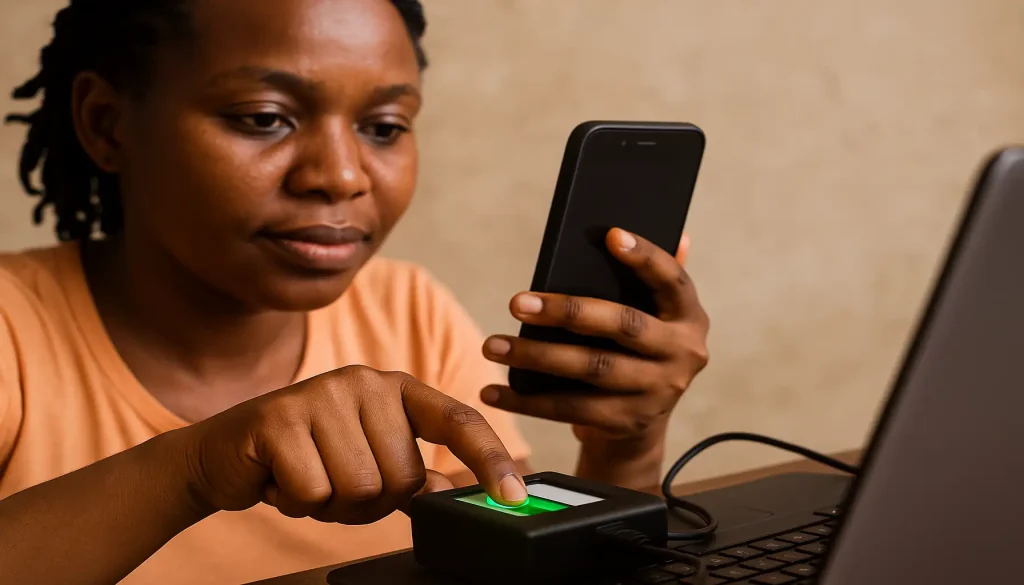Biometric banking is revolutionizing financial services in Africa, paving the way for safer and more inclusive access to banking. With a focus on reducing fraud and expanding financial reach to the unbanked, biometric solutions offer a secure alternative to traditional banking methods. In a continent where access to financial services has been historically limited, these technologies are proving transformative.
This transformation is not only enhancing security but also driving financial inclusion across Africa. Many people in rural areas now have the opportunity to access banking services for the first time. Financial institutions are investing heavily in biometric systems to cater to this untapped market. As African economies grow, the importance of such innovations in banking cannot be overstated.
Biometric authentication: a breakthrough in security

Biometric authentication has emerged as a key player in enhancing security for banking transactions in Africa. By replacing traditional PINs and passwords, which can be easily forgotten or stolen, biometrics ensure that only the authorized individual can access their financial accounts.
Moreover, the implementation of biometric systems has streamlined various banking operations. Banks now offer faster and more efficient services, which is crucial in improving consumer satisfaction. With the increased adoption of mobile banking across Africa, biometric security measures are ensuring that online transactions are as safe as face-to-face banking interactions.
How biometrics are bridging the gap
The integration of biometric technologies in African banks is closing the gap between the banked and unbanked populations. In areas where literacy rates are low and identification documents scarce, biometric solutions provide an accessible and reliable alternative for identity verification.
Financial literacy programs have also been integrated with biometric banking services to educate consumers on safe financial practices. This holistic approach not only boosts confidence in using banking services but also ensures that individuals are aware of their rights and options in the financial sector.
The broader impact of biometric banking technologies
The advantages of biometric banking extend beyond just security and accessibility. These technologies have also enabled banks to gather data and insights that were previously unavailable. This data empowers banks to offer personalized services and products, tailored to the needs of individual customers.
The appeal of biometric banking is expected to continue growing across Africa, with governments and private sectors joining forces to expand these digital infrastructures. Wider adoption is also sparking economic growth by attracting foreign investments interested in Africa’s dynamic fintech landscape.
Implementing viable strategies for future growth
Banks are increasingly learning that investing in biometric systems is not just a technological upgrade but also a strategic maneuver. By focusing on user experience and service delivery, these financial institutions aim to optimize customer satisfaction and operational efficiency.
Moreover, partnerships with fintech startups are enabling banks to expand their reach and enhance service offerings. This collaboration between established banks and innovative startups provides a model for sustainable development, where technology and tradition intersect to foster financial inclusion.
A promising future for financial inclusivity in Africa
The progress of biometric banking in Africa signifies a hopeful outlook for the continent’s financial empowerment. By addressing long-standing challenges such as fraud and limited access to traditional banking, biometric technologies are setting the stage for a more inclusive financial ecosystem.
In conclusion, biometric banking is not only transforming financial security but also democratizing access to financial services across Africa. By bridging gaps between urban and rural populations and enhancing trust in financial systems, these advancements are driving the continent towards a future of unprecedented economic inclusion and growth.



